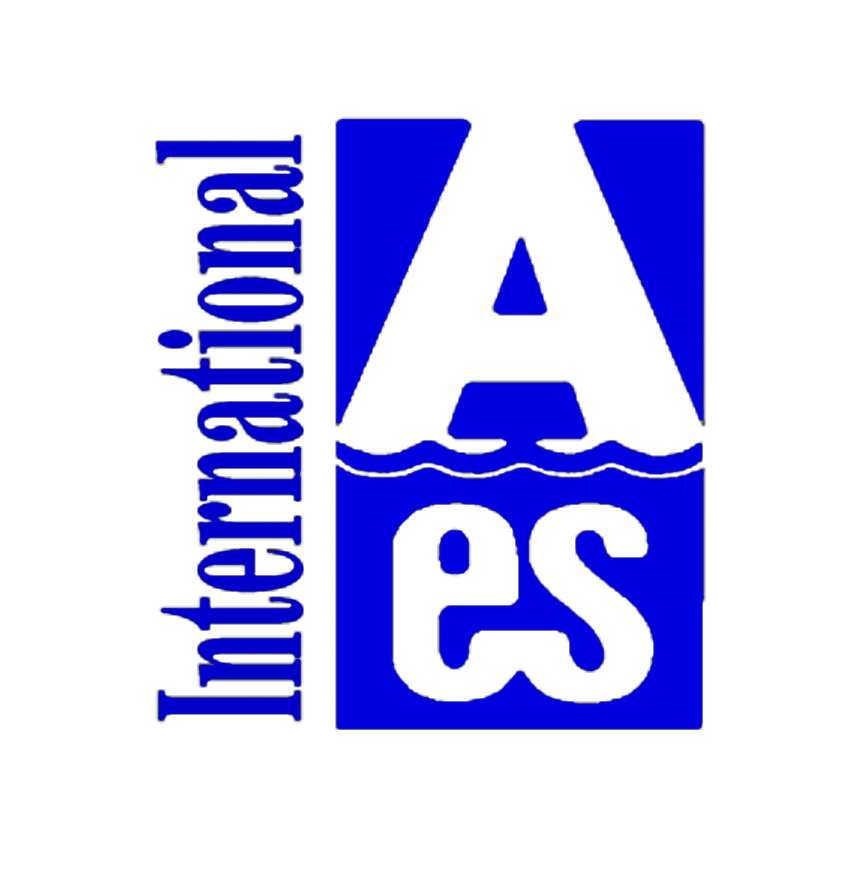Professor Pierre Rafih

Prof. Pierre Rafih
Pierre Rafih is currently Professor of Investment & Finance and Management Accounting at the University of Applied Management (UAM) in Munich, Germany. He is vice-president of the university senate, director of both the MBA Program and the Graduate International Accounting And Finance Major Program. He is a member of the German Federal Government funded CHINATIV-project of the Institute for Creativity and Innovation (ICI) of the university as an expert in financial innovation. He teaches graduate and undergraduate courses in investment and finance, management accounting, and controlling, as well as game-based courses in strategic management and introduction to business administration. Professor Rafih also regularly gives lectures on cryptocurrencies, Non-Fungible Tokens (NFTs), and other blockchain applications and teaches a graduate blockchain, cryptocurrency and NFT course in the Fintech MSc. of the Demokritus University of Thrace (Greece).
A French national with Lebanese and German roots, he graduated as valedictorian as a Finance major at the American Business School of Paris in France, followed up with equally successful MBA studies in the United States (University of Richmond, VA) and completed his studies in Germany. Prior to working in academia, Professor Rafih was an investment banker in the equity business for a large German bank for 8 years, participating in and managing many Initial Public Offerings (IPOs), later as a senior equity broker for institutional clients. Professor Rafih also worked and has been certified as a translator for English and German as part of his military service in France
He received two teaching excellency awards from the university and state recognition as part of an education initiative of the Government of Bavaria. During his time at the university, Professor Rafih developed several business simulations games for courses such as economics, strategic management, introduction to business administration and event management. He also was also deeply involved in certification and quality management projects of the university as part of the university’s state and Bologna accreditations and also worked on such projects with partner universities in Germany and Austria. His published articles and papers are on topics including equity markets, investment behavior, financial innovation and cryptocurrencies, and German voting behavior. His research currently focuses on investor behavior and financial literacy, as well as the implications of digital money (private corporate initiatives and central bank digital currencies) for global economics.
Why did you become a member of the International Atlantic Economic Society?
I joined for the opportunity to meet fellow researchers, as well as to advance my own understanding and stay on top in my fields of interests, broaden my perspective, deepen my understanding of relevant fields and meet brilliant colleagues for mutual exchanges, either around a glass of wine or to work on a common topic of interest. Not to mention I have met fellow researchers at the IAES conferences whom I now count as esteemed friends and look forward to sharing interesting insights, or a fine dinner, or simply deep thoughts at one of the conferences, which have always been memorable and fondly remembered.
What types of projects/research are you currently working on and what inspired/motivated you to pursue these interests?
Because of my professional background, I have always been fascinated by financial innovation. The advent of cryptocurrencies, from the financial perspective and lately much more from a behavioral approach, have been my main focus of research in recent years. Naturally, my interest was spurred by related topics and developments, such as NFTs (Non-Fungible Tokens), the workings of virtual economies and the implication of the advent CBDCs (Central Bank Digital Currencies).
My second field of research relates to financial literacy, which in my country of residency (Germany), I find surprisingly lacking. I consider this an issue of utmost societal importance, since we can certainly say that state pension plans will not be able to uphold the implicit and often explicit promises made of financial security after a life of work. Any serious projections cause us to fear the worst. For this reason, it is important to empower the civil population to take matters into their own hands. I think this is a daunting task, since it includes not only achieving a broad understanding of matters such as financial investments, but in Germany in particular it requires a cultural leap. In this I found my epic (though I mostly feel it is quixote) quest. I will work to improve financial literacy and bring about a creature that, thus far, resides in the realms of myths: the investment savvy average citizen.
My motivation and inspiration come as much from a sense of responsibility, which I would thank my parents for, as from my first academic path and early professional career, which led me straight from business studies in finance and investment to working at an investment bank in the IPO (Initial Public Offerings) and equity brokerage industry for eight years. My decision to turn to academia was spurred as much by my feeling that I wanted to contribute more, to understand more, and to be surrounded by interesting people. If anyone had told me 20 years ago, as a stockbroker, that I would end up being a professor at a university, I would have laughed at them wholeheartedly.
What advice would you give to someone who is considering entering your line of work/field of study?
I would actually say the four same things I say to students or colleagues who ask me about securing their own long-term financial independence:
- It is never too late to start.
- There is no best time to start, start now.
- You just need to set yourself a few rules and have the discipline to abide by them.
- Relax, it is much easier and much less stressful than it sounds or you think it is.
Going forward, what other projects/research are you planning to or hoping to pursue?
I want to continue to understand and help improve how people relate to finance and investment, I would like to continue to explore innovation in finance. In academia I have recently developed a fintech course on blockchain, cryptocurrencies, NFT and related issue that I am teaching at a Greek university as part of an ERASMUS partnership project. I would also like to conduct a large-scale study of investor behavior, exploring investment behaviors (risk preferences, investment terms, herd behavior, mental accounting, heuristics, information diffusion, …) with respect to personality traits and behavioral finance models. Such a study could be helpful in exploring issues related to the behavior of cryptocurrency investors, as well as potentially providing a sound basis for some work related to financial literacy. This project is quite ambitious though. It will likely take years and I am looking for partners.
What’s your favorite hobby?
I like to play and develop games. In fact, I have already developed or helped develop four serious games for graduate and undergraduate business students, two of which are used in classes at our university and another one in the process of joining them. I am absolutely persuaded that, from a pedagogical perspective, well designed and challenging games are very effective teaching implements in all of the applicable dimensions in which learning effectiveness might be measured.

